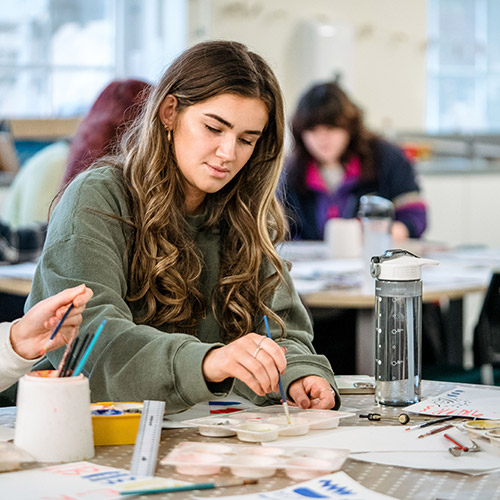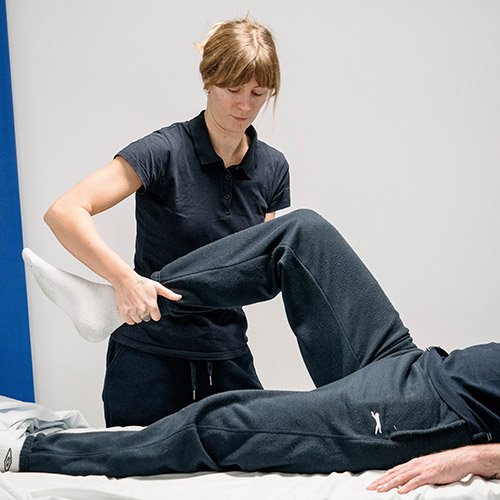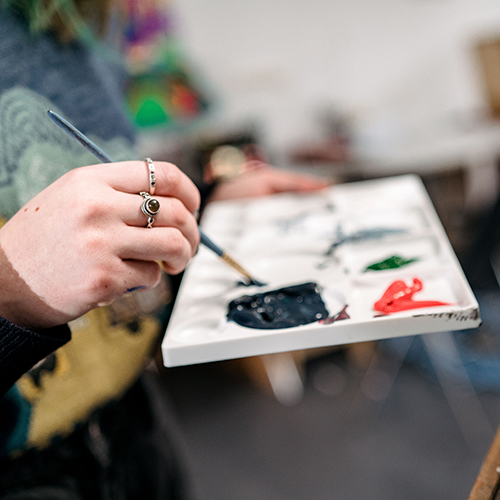Applicants
Interviews and Portfolio Days
You have reached the next stage on your journey to university. Find out more about interviews and portfolio days on this page.
/prod01/yorksjacuk/media/content-assets/safe-images/1600-x-1000/Wellbeing-Support-3.jpg)
If you are invited to an Interview or Portfolio Day, you have shown us that you are a strong applicant. We would like to meet you to find out more about you.
The interview will provide you with the chance to learn more about your course and ask us questions.
Make sure that you read all the instructions for your interview, and that you bring all relevant work and documents.
After you attend the day, you will either receive a conditional offer, an unconditional offer, or a reject. If you are not successful in your interview for Physiotherapy, you will receive an offer on our BSc (Hons) Sport and Exercise Therapy course. Offers are usually given through UCAS.
If you are made an offer, your course may require a DBS check or medical questionnaire. You need to complete this process as soon as you get our email. Not doing your checks on time may cause delays in your enrolment and starting your course.
If you have any questions, please contact us by email at admissions@yorksj.ac.uk or call us on 01904 876 598.
Subject interview information

Primary Education and PGCE
What to expect at interviews for our Primary Education (3-7), Primary Education (5-11), and PGCE courses.

Health
What to expect at interviews for Health courses including Physiotherapy, Occupational Therapy and Nursing.

Arts
What to expect interviews and portfolio days for art and design courses, journalism, and acting and musical theatre.
